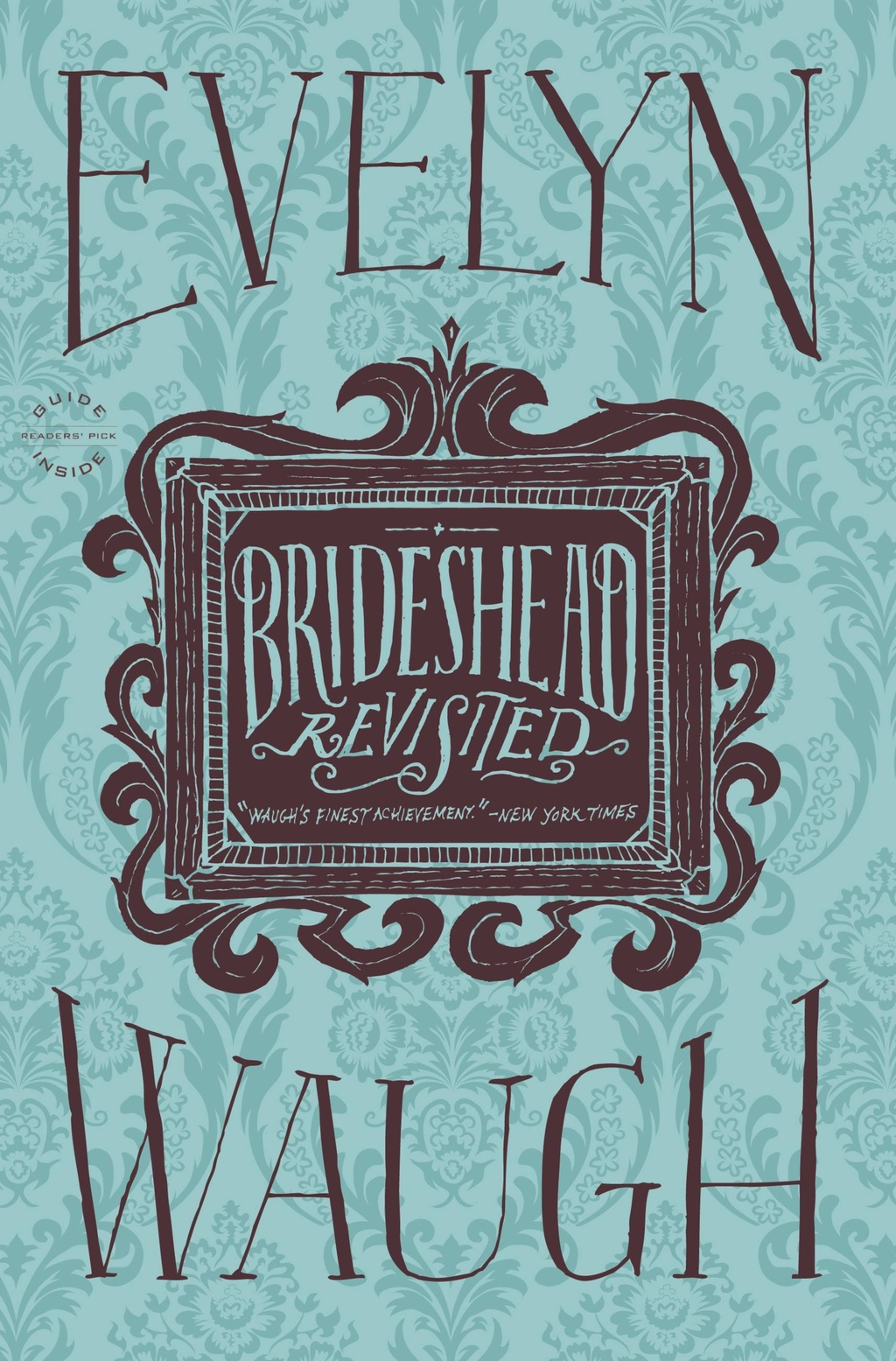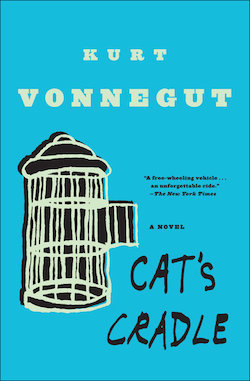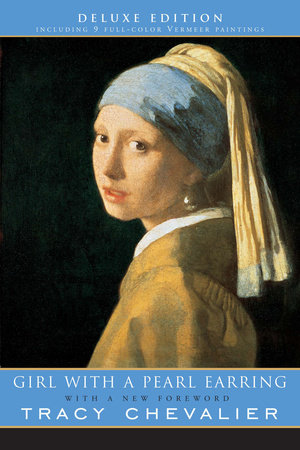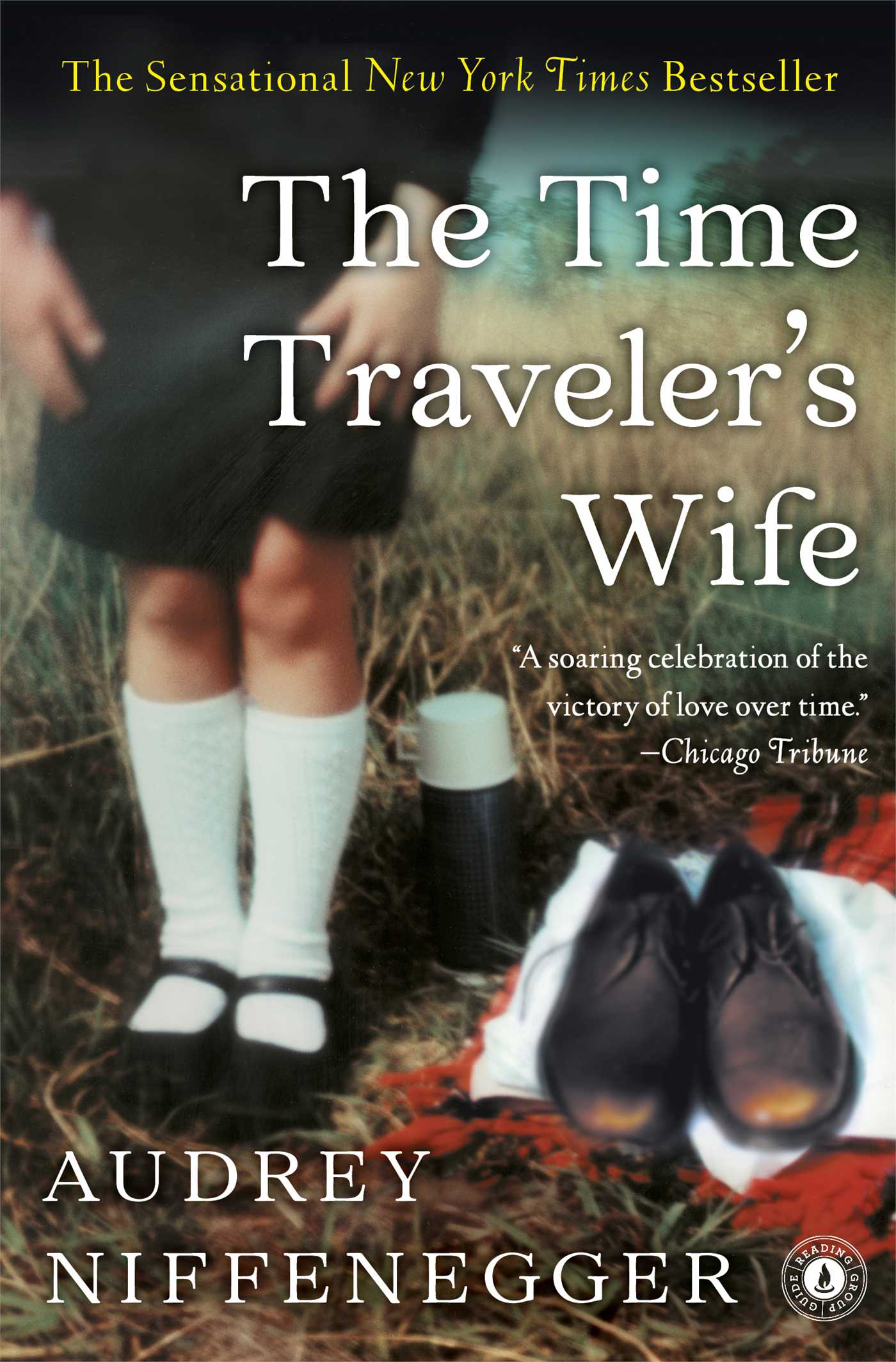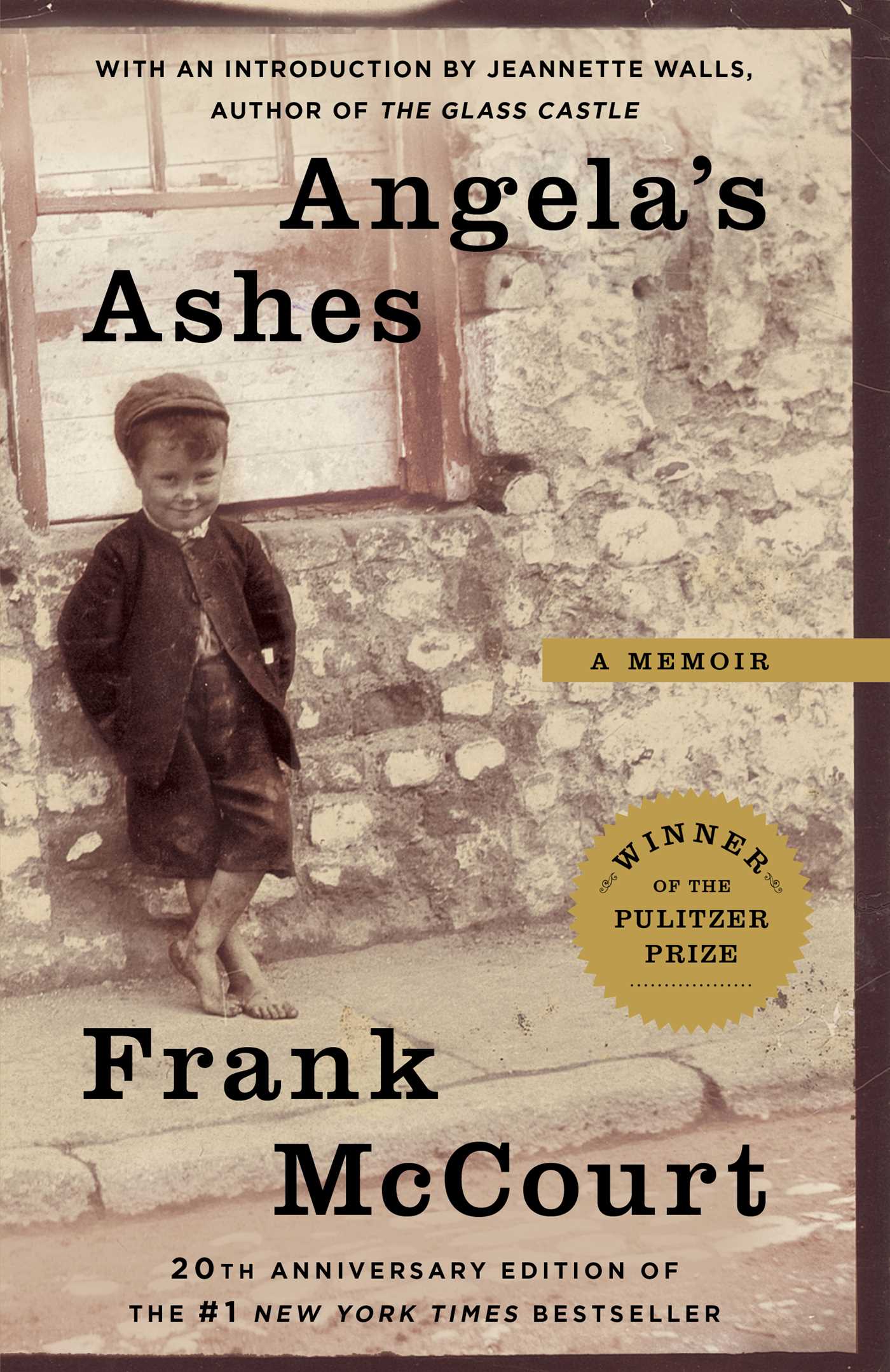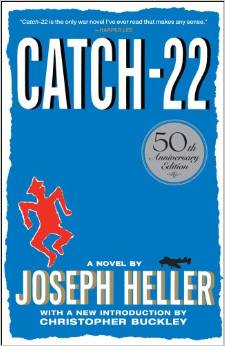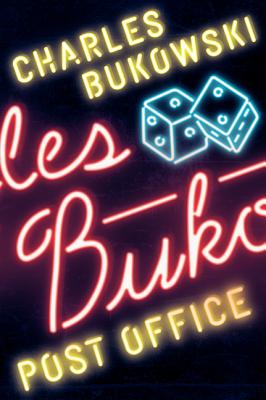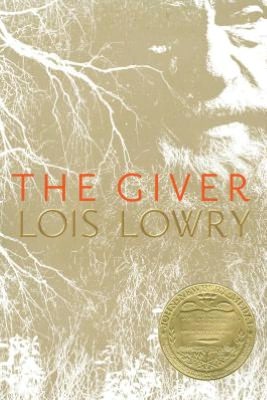Recommending a deeply beloved book can be something of a paradox. Of course we love to share the books that have moved us, but remembering the awe we felt the first time we read certain books gives us a touch of envy. After all, we can’t ever feel quite that same wonder again. Thankfully, you can. Although re-reading a book is one of life’s greatest pleasures, we think that your first reading of these 9 titles, all held dear by our staff, will be one you look back on with a special fondness forever.

9 Books We Wish We Could Read Again for the First Time
I’ve read BRIDESHEAD REVISITED by Evelyn Waugh multiple times and enjoyed it each time, but none has reached the joy of falling into the glittering, jaded world of Charles Ryder and Sebastian and Julia Flyte. I’m not particularly nostalgic about my teenaged years, but I would enjoy being a romantic teenager again if only to discover BRIDESHEAD REVISITED for the first time. It would rather be like going on a lovely, relaxing vacation for the very first time.
—Kerry
Evelyn Waugh’s delicious coming-of-age tale of star-crossed lovers and sexually ambiguous pretty boys drinking their way through guilt trips over religion and lost love provided an admittedly romantic backdrop to my own rocky adolescent journey to adulthood.
MENTIONED IN:
CAT’S CRADLE was the first Kurt Vonnegut book I ever read, and it is still my all-time favorite book. Although I’ve reread it countless times since along with the rest of his catalog, I miss the feeling of knowing I was embarking on something that would change my life.
—Chris
I first read GIRL WITH A PEARL EARRING when I was 11, which was probably too young for a book about a 16-year-old girl whose life is transformed by her brief affair with a genius painter. I loved this book so much that I convinced my mother to hire a local photographer to stage a photo of myself mimicking the cover, which is of course one of Vermeer’s most celebrated paintings. While I’d rather forget the embarrassing memory of that photography session, I’d love to experience this richly imagined novel again for the first time.
—Taylor
Johannes Vermeer’s GIRL WITH A PEARL EARRING has remained a beautiful enigma for centuries. In her atmospheric novel, Tracy Chevalier imagines the painting’s subject to be a young girl hired by the Vermeer household, whose rise from maid to assistant to model brings with it a world of jealousy, intimacy, and secrets.
MENTIONED IN:
I took this library book on a family vacation in Ireland (real daredevil move, I know) when I was probably way too young to be reading it. I just remember being completely engrossed in the story, so invested in Henry and Claire’s relationship, and crying hysterically at the ending in the back seat of our rental car as green hills rolled past me. I’d love to experience all of that (including a vacation!) again.
—Julianna
Is time a parabola? If you asked the couple at the heart of this remarkable story, Henry DeTamble, a dashing, adventuresome librarian who travels involuntarily through time and Clare Abshire, an artist whose life takes a natural sequential course, they'd probably both say yes. Henry and Clare's passionate love affair endures across a sea of time and captures the two lovers in an impossibly romantic trap, and it is Audrey Niffenegger's cinematic storytelling that makes the novel's unconventional chronology so vibrantly triumphant.
MENTIONED IN:
ANGELA’S ASHES is credited with ushering in “the age of memoir.” Years ago, when I first read it, I was blown away. Frank McCourt was telling a story of such extreme poverty in his childhood that I wasn’t sure how he had lived to adulthood to write it. But I was overwhelmed by the magic of his voice. What shined through was the pleasure of language, the joy of storytelling, and the fierce love of his mother. Years later, I got to meet him and he lit up a room exactly as his writing did.
—Wendy
"When I look back on my childhood I wonder how I managed to survive at all. It was, of course, a miserable childhood: the happy childhood is hardly worth your while. Worse than the ordinary miserable childhood is the miserable Irish childhood, and worse yet is the miserable Irish Catholic childhood." So begins the luminous memoir of Frank McCourt, born in Depression-era Brooklyn to recent Irish immigrants and raised in the slums of Limerick, Ireland. Frank's mother, Angela, has no money to feed the children since Frank's father, Malachy, rarely works, and when he does he drinks his wages. Yet Malachy -- exasperating, irresponsible and beguiling-- does nurture in Frank an appetite for the one thing he can provide: a story. Frank lives for his father's tales of Cuchulain, who saved Ireland, and of the Angel on the Seventh Step, who brings his mother babies. Perhaps it is story that accounts for Frank's survival. Wearing rags for diapers, begging a pig's head for Christmas dinner and gathering coal from the roadside to light a fire, Frank endures poverty, near-starvation and the casual cruelty of relatives and neighbors--yet lives to tell his tale with eloquence, exuberance and remarkable forgiveness. Angela's Ashes, imbued on every page with Frank McCourt's astounding humor and compassion, is a glorious book that bears all the marks of a classic.
MENTIONED IN:
I really only picked up CATCH-22 when I was 14 because my sister’s boyfriend said it was his favorite. I didn’t like the look of him, so I wanted to prove I could keep up with his literary tastes. I want to reread it now because (hard as it is for me to admit) I didn’t get a lot of the references and satire. My enjoyment of this classic would likely improve thanks to a few college courses in history and analysis!
—Elizabeth
The classic satire is the story of Captain John Yossarian who, hoping to escape deadly combat flights, must struggle with the equally deadly bureaucracy of the Army: a man is considered insane if he is willingly continues to fly dangerous combat missions, but if he makes a formal request to be removed from duty, he is proven sane and therefore ineligible to be relieved.
MENTIONED IN:
I was first introduced to this story of the modern African experience in my sophomore English class. Due to the form of the class, I spent the entire time reading this book focusing on memorizing passages. Several years later, I came across this book again, read the description, and was shocked to learn it was the same novel. In my efforts to pass test questions, I had missed the entire plot. Now, I hope to rediscover what sounds like a fascinating story of one man’s fall from grace in his Nigerian village and the arrival of aggressive European missionaries to the region.
—Erin
Chinua Achebe’s legendary novel encompasses the life of nature, human history, and the mysterious compulsions of the soul. It is an illuminating monument to modern Africa as seen from within.
MENTIONED IN:
Although I was too young to grasp the scope of Charles Bukowski’s writing when I first read POST OFFICE, it remains the book that opened my eyes to the freedom of voice, the awareness that good writing doesn’t have to be formal, and the knowledge that interesting characters don’t have to be likable. It was a shock. No book has struck me in that way since.
—Allison
“It began as a mistake.”
I read this book when I was in elementary school, and it was the first book that made me realize that books (and life) can be complex and ambiguous. After seeing the movie, I need to revisit my first childhood book that forced me to think about the world.
—Will
The Giver, the 1994 Newbery Medal winner, has become one of the most influential novels of our time. The haunting story centers on twelve-year-old Jonas, who lives in a seemingly ideal, if colorless, world of conformity and contentment. Not until he is given his life assignment as the Receiver of Memory does he begin to understand the dark, complex secrets behind his fragile community.

